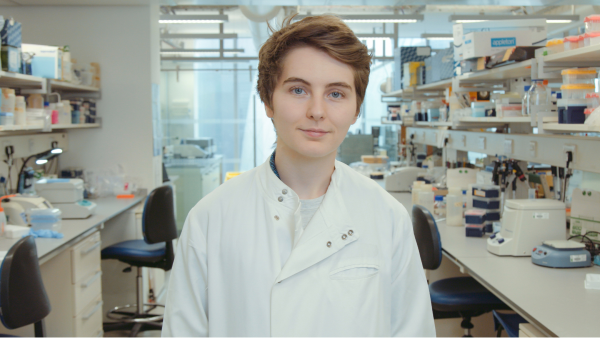How to become
You can get into this job through:
- a university course
- an apprenticeship
- working towards this role
University
You usually need a first or 2:1 (upper second class) degree in a science subject to become a research scientist. Most research scientists continue to study for a postgraduate qualification like a PhD.
You could study on an integrated postgraduate master's course. These courses include independent research and are designed to lead directly on to a PhD.
Entry requirements
You'll usually need:
- 2 or 3 A levels, or equivalent, including a science, for a degree
- a degree in a relevant subject for postgraduate study
More Information
Apprenticeship
You could apply to do a degree apprenticeship if you want to work in a particular field of scientific research.
Apprenticeships include:
- Scientist Level 6
- Biomedical Scientist Level 6
- Nuclear Scientist Level 6
- Materials Science Technologist Level 6
- Clinical Scientist Level 7
You could also do a Research Scientist Level 7 Apprenticeship, which is equivalent to postgraduate study.
These apprenticeships can take between 3 and 5 years to complete.
Entry requirements
To get onto an apprenticeship, you'll find it useful to have:
- 4 or 5 GCSEs at grades 9 to 4 (A* to C) and A levels, or equivalent, for a degree apprenticeship
More Information
Work
It may be possible to start as a research assistant or graduate industrial scientist. You would usually need to study part time for a PhD while you work.
UK Research and Innovation and industrial companies sometimes offer studentships. This would give you the opportunity to do a PhD while getting practical research experience.
More Information
Career tips
It may improve your chances of finding work if you've got work experience in a research department, or your degree included a placement in a research environment.
As a graduate, you could look for postgraduate training opportunities offered through Knowledge Transfer Partnerships (KTP). In a KTP you would get the opportunity to run a research project together with an organisation and a university or research body.
Further information
You can get advice about research careers from the Science Council and professional bodies for particular scientific fields, such as:
